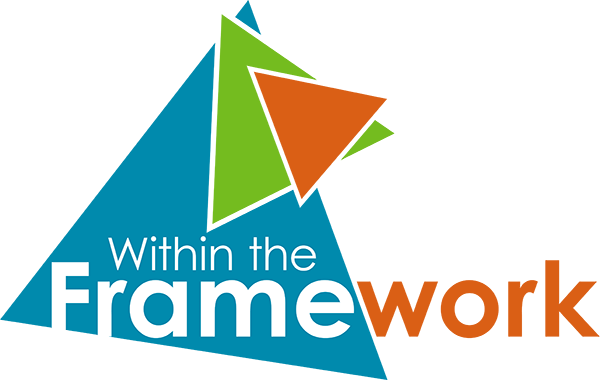Childhood trauma may be more common than you think. Roughly 26 percent of children in the United States have witnessed or experienced a trauma before the age of 4 (Briggs-Gowan et al. 2010). It is highly likely that each provider in Early Intervention has worked with children and their families who have experienced trauma. Providers may not be aware of what a child has experienced, nor how the experiences impact the child and family. Join this webinar to hear more about trauma informed care, the Pyramid Model, and how these approaches support resilience for all children in early intervention, including those who have experienced trauma. This webinar will highlight the experiences of two Early Intervention programs, and will share resources you can use in your own programs.
Learning Objectives:Participants will:
- Receive an overview of what is in “The Pyramid Model and Trauma-Informed Care (TIC): A Guide for Early Childhood Professionals to Support Young Children’s Resilience”
- Gain an increased understanding of how trauma informed care and the Pyramid Model align
- Learn about resources available via NCPMI and the PMC
- Hear from program leaders implementing TIC and Pyramid Model








